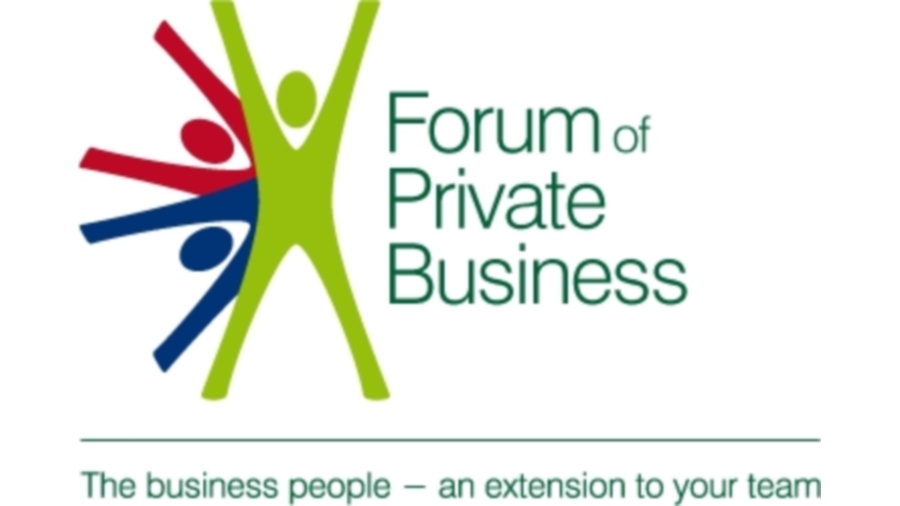
A growing number of small and midsized businesses are making use of e-invoicing technology, according to a survey on their attitudes to IT by the Forum of Private Business (FPB).
It says a survey of 4,000 of its members reveals that 47% said they would use e-invoicing by the end of the year.
Respondents planning to send e-invoices to all customers indicate that they believe it would improve prompt payment.
By contrast, 38% have no plans for e-invoicing. They cite a number of barriers, most notably the difficulty in linking the technology to current credit control procedures.
Phil Orford, Chief Executive of the FPB, says: "When it comes to e-invoicing, the benefits to a business of such a system are well known to effectively tackle late payment by customers. Take-up appears reasonably positive among SMEs; 47% reported that they would use e-invoicing by the end of the year.
"If the government can tackle the biggest barrier of interoperability with credit control procedures then this figure is likely to jump much higher."
The survey also shows that when it came to investing in technology, 35% of firms are looking to spend on existing systems to get them working better. 31% are not looking to invest at all in the coming year.
Are you a pro? Subscribe to our newsletter
Sign up to the TechRadar Pro newsletter to get all the top news, opinion, features and guidance your business needs to succeed!
There also appears to be less enthusiasm for cloud computing and mobile technologies. Business owners are split around the benefits of cloud computing, with 27% supportive and 26% suggesting the disadvantages outweigh the benefits.
The main disadvantages cited are data security (33%), lack of understanding (31%) and connectivity issues (23%).
Almost half (44%) of businesses surveyed feel that 4G mobile technology will have only a slight effect on the way businesses operate, with just 4% of the opinion it will be significant. 34% feel it would make no difference.
One in four businesses say that improved broadband speed iss the key support needed by businesses.
Orford says that more small firms need to look at increasing their investment in IT.
"While there are of course immense opportunities here, from innovative use of new government data to create apps, to potential cost cutting for smaller businesses by automated invoicing services, it is clear there is also a huge culture change needed amongst a wide demographic of businesses," he says.
"The message to business is clear: get on board or get left behind."
This was the first survey on IT investment carried out by the FPB, which is a membership organisation for small businesses.
